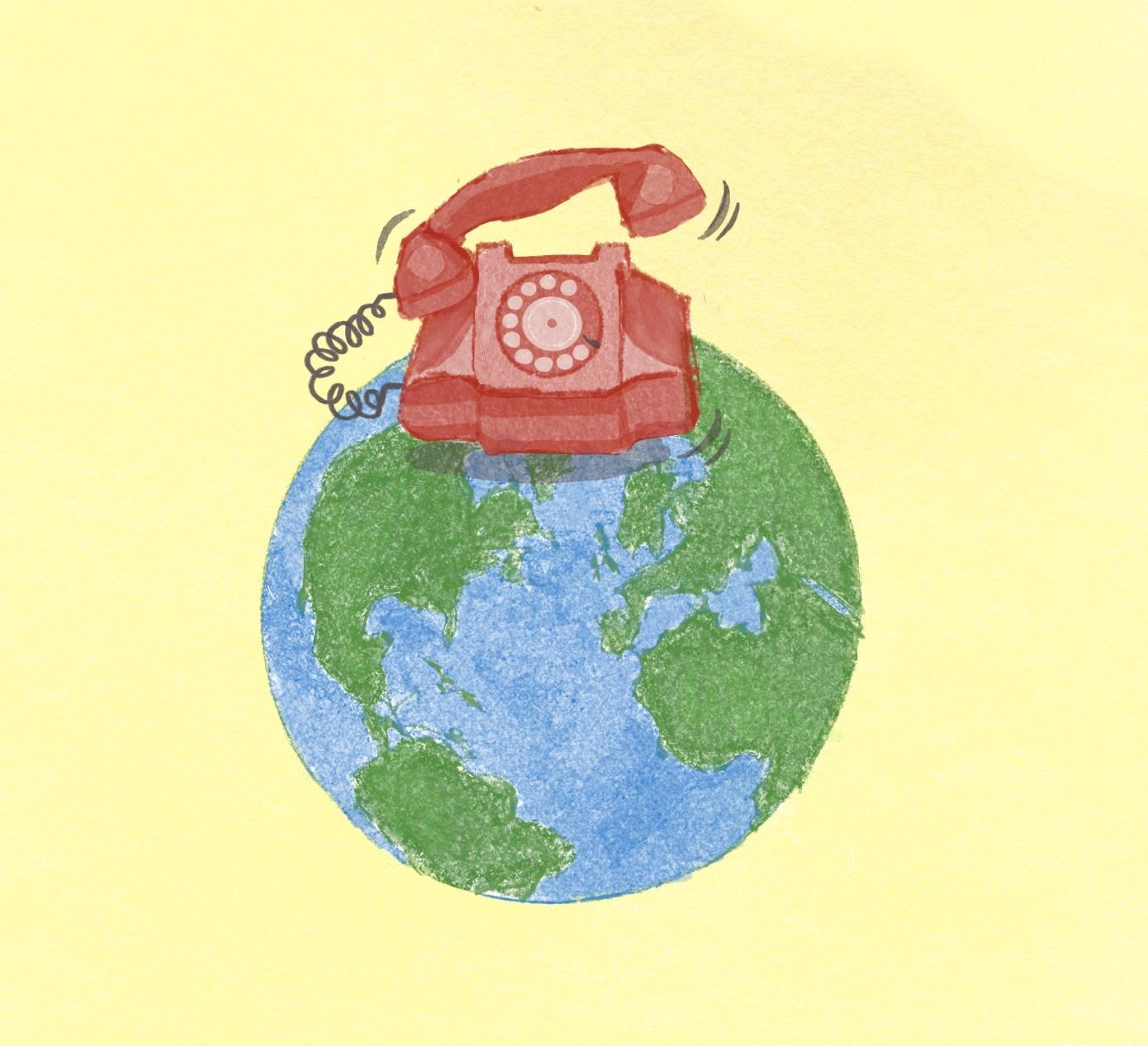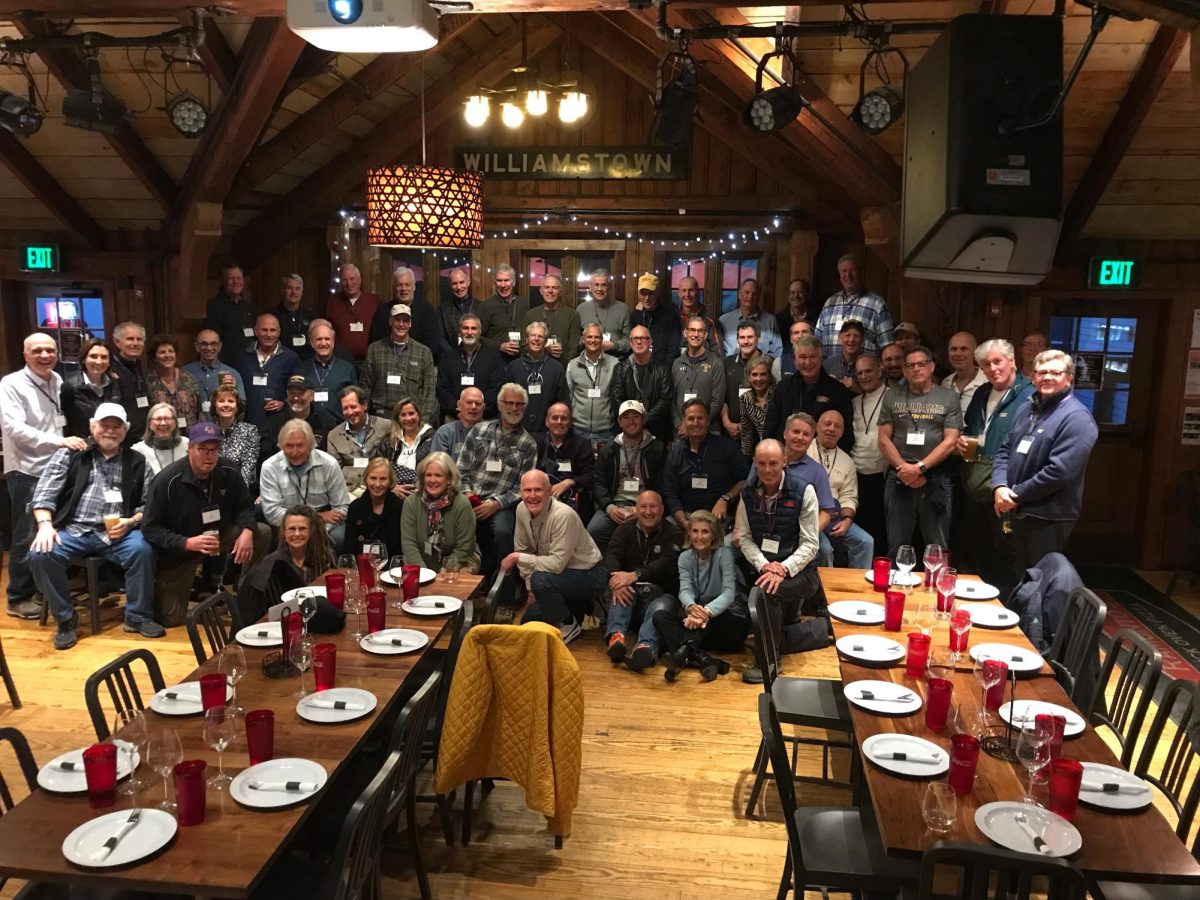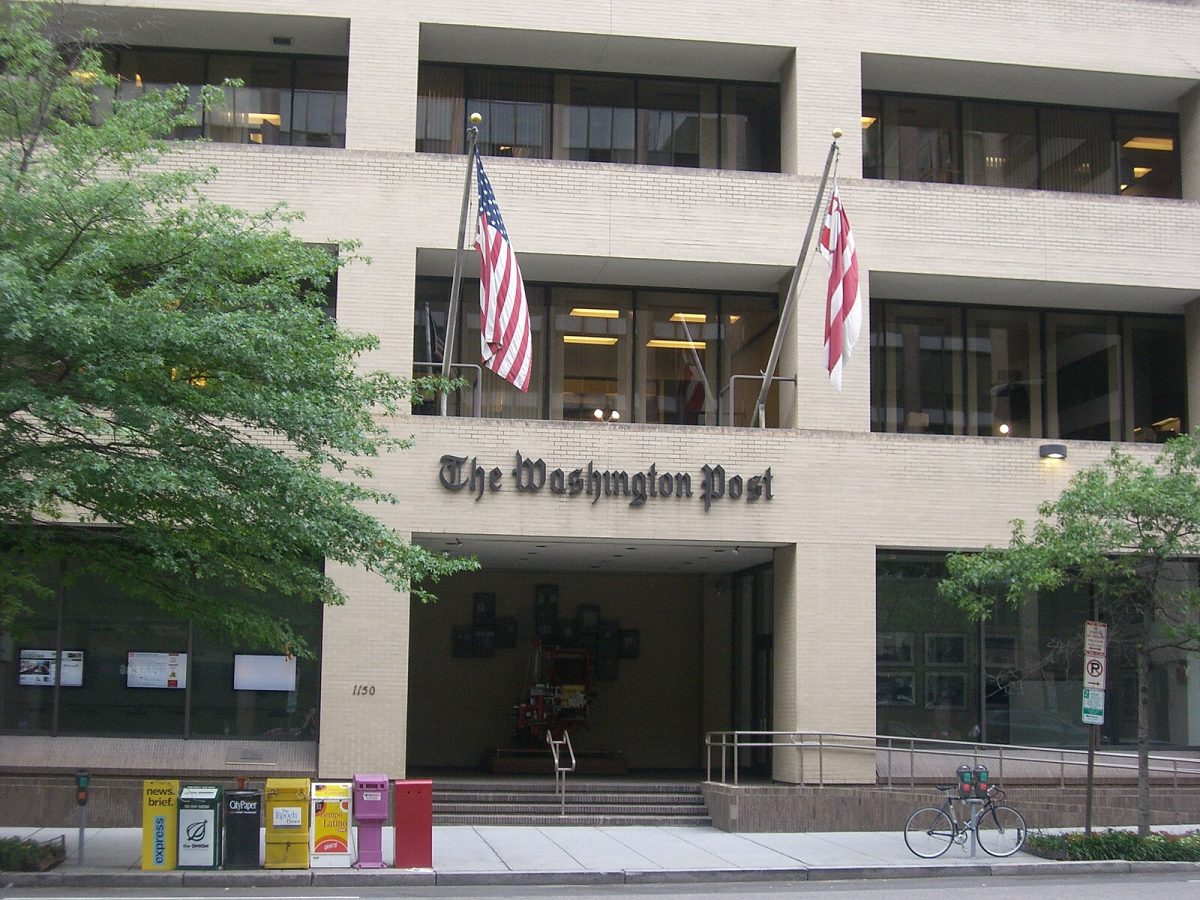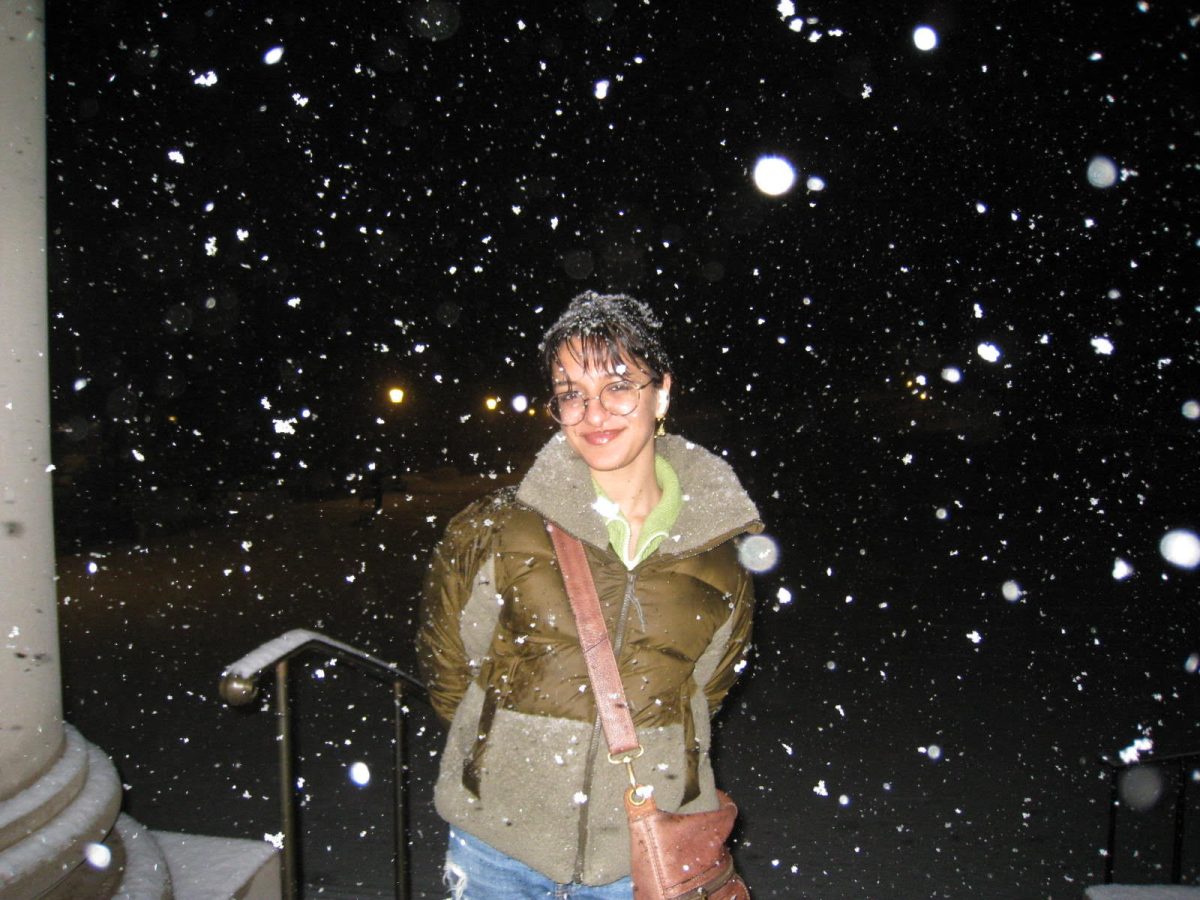
In the maelstrom of pandemic closures and election cycle frenzy, Madeleine Dyke ’21.5 decided to spend a semester away from the College. Like many Ephs, Dyke pored through the alum network searching for career advice and eventually — after about 15 other meetings — ended up chatting with Eliza Nemser ’98.
The planned 30-minute call turned into a 90-minute strategy conversation, where the two realized they shared a passion for climate advocacy and a desire to make a meaningful difference. One month later, the pair co-founded Climate Changemakers, which aims to make climate-focused civic engagement simple for anyone. Nemser told the Record that accessibility can be a large barrier to advocacy — people may want to make a difference but don’t know where to start.
“The Yale Center on Climate Change Communications has found that 11 percent of Americans are not only alarmed about the climate crisis but are willing to do more and are not currently participating,” she said.
Climate Changemakers provides tools for people to take action in the movement for environmental justice. During its “Hours of Action” Zoom events available to regions across the country, volunteers recruit people for the campaign and show them the steps to get involved.
Hosts brief participants on an issue from one of the organization’s 26 action playbooks — such as getting fossil fuel ads out of print media or mandating climate change education in public school science curricula — and coach them through the process of meeting with their elected representatives, Dyke said.
Nemser, who majored in geosciences at the College, was a seismologist before starting her work with Climate Changemakers. “My big pivot was from earthquakes to climate and from science to advocacy,” she said. “I basically did a total deep dive in 2016 and was really frustrated with limited opportunities for you, me, and everyone we know to engage really meaningfully in climate advocacy.”
Climate Changemakers currently has a network of over 7,000 participants spanning all 50 states and 95 percent of congressional districts. While participation in the group’s organized events is high, the organization requires a relatively small staff to support its regular operations. “I like to talk about a rapidly expanding network, rather than a rapidly expanding organization,” Nemser said. “We think we can always stay pretty lean and nimble… A lot of organizations have a chapter model, [but] we’re really leaning into this model of Hours of Action … in lieu of chapters.”
The organization is also unique in its primarily digital approach to participant recruitment. While it hosts a number of in-person Hours of Action across the country, the majority of its events are virtual. In doing so, Climate Changemakers intends to create what they described as a democratized approach to climate advocacy.
The organization receives its funding from donations. “All of our resources are totally free on our website as a public good,” Nemser said. “All of our events are also totally free. We have, clearly, the most robust hub for climate advocacy on the internet, bar none.”
Climate Changemakers has featured prominently in the content of the YouTube channel Climate Town, created by activist and content creator Rollie Williams. “Rollie and Eliza were both honored as ‘Grist 50 Fixers,’” Dyke said, referring to the climate news organization’s annual recognition of climate leaders. “They were randomly paired to be in a breakout room at their award dinner, and they hit it off… Every time Climate Town makes a video now, we make an action playbook to go with it, and that has been a huge source of referrals for us.”
Looking ahead, Dyke and Nemser aspire to recruit more volunteers, rather than expand the organization with more full-time employees. The pair’s education at the College partly influenced their choice to keep a small, efficient team.
“I think Williams instilled a very powerful sense of agency and self-efficacy in me,” Nemser said. Through action playbooks and encouraging volunteers to self-organize Hours of Action, the organization seeks to embed these same skills in their volunteers and broaden their reach. “It’s been amazing to work with Madeleine to equip people with the sense that we can be players in really big system-level solutions,” she continued.
“We’d love to engage more Ephs in this work of not only realizing what we can do, but what we can empower other people to do,” Nemser said.








